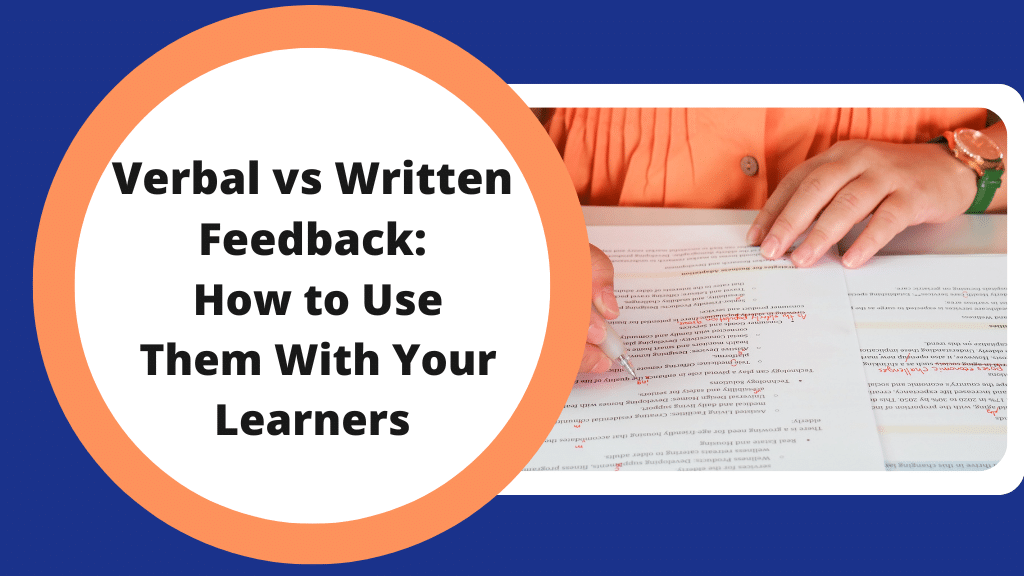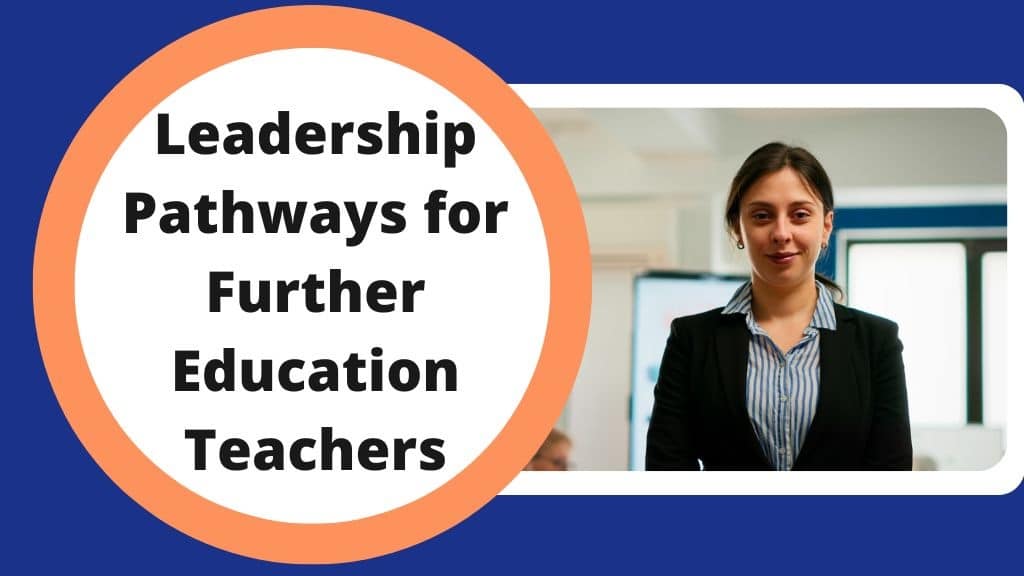July 2, 2024
The Roles and Responsibilities of a Further Education Teacher

Have you ever wondered about the roles and responsibilities of Further Education teachers? FE teachers work with students over 16 years old, helping them prepare for employment, higher education, and gaining recognised qualifications. As you can imagine, this role requires a whole bundle of skills wrapped up in one person!
The main roles and responsibilities of a Further Education teacher can be broken down into several main ideas. These areas include planning and preparing assessments and lessons, delivering instruction, assessing and evaluating learners, supporting and guiding learners, professional development, and enhancing learning experiences.
Planning & Preparing Lessons
As a Further Education teacher, planning and preparing lessons includes curriculum development, lesson planning, and resource management. They design and develop curriculums using instructional materials to align with the learner’s needs and create engaging and informative lesson plans to meet the course objectives, including resources to support their teachings.
Teaching Methods
Further Education teaching uses a variety of methods to keep learners interested and engaged, as well as manage student behaviour. We often think of teaching as standing in front of a class and talking but creating a positive classroom environment where learning is achieved isn’t done by simply talking!
In Further Education, students expect accurate, interesting, and relevant lessons that involve various teaching and learning activities. Incorporating technology in the classroom can also make lessons more engaging and enhance the overall learning experience. Therefore, staying updated with the latest tech developments is a must!
Assessing & Evaluating Students
Assessing and evaluating students involves assigning assignments to measure their progress, marking them, and carrying out practical assessments that many subjects require. Teachers must provide constructive feedback to guide students towards their learning goals. Accurate record-keeping of these assessments and evaluations is important for monitoring learner performance and progress.
Beyond teaching, Further Education teachers also have administrative duties such as reporting and compliance, often related to attendance records, progress reports, and other necessary documentation needed by the institution they work for or the Awarding Body involved with their subject.
Continuing Professional Development (CPD)
Continuing professional development (CPD) is essential in all professional teaching roles. It enables teachers to keep up-to-date with current trends in educational practices and their subject areas. After all, teachers are not just imparting knowledge, they are also learners, and should constantly improve their skills and expand their understanding to benefit their students. Continual professional development activities can include attending workshops, seminars, and conferences and undertaking further CPD qualifications or research.
Supporting and Guiding Learners
Supporting and guiding learners is another significant responsibility for Further Education teachers. Learners in Further Education are not just customers or clients but part of a learning community within campuses, colleges, training centres, or institutions. Being part of this community means that teachers are there to help, offer advice, assist with personal development, and sometimes provide pastoral care.
Teachers may need to identify students who are struggling and offer additional support or refer them to appropriate services. They may also play a mentoring role, helping students set realistic goals and guiding them towards achieving these objectives. This support is necessary for students transitioning from adolescence to adulthood, preparing for future careers, changing careers, or returning to the workplace later in life.
Working with Other Professionals
Further Education teachers typically work with various other professionals, making their role far from solitary. This collaboration includes liaising with other teachers about their courses and meeting with managers and support staff to plan terms and agree on actions.
It can also involve working with the organisation’s Internal Quality Assurers, who monitor assessments, student enrolments, and inductions, among other staff activities. Additionally, teachers may even encounter External Quality Assurers (EQAs) from Awarding Bodies (also called exam boards), who ensure the centre’s compliance.
Summing up the Roles and Responsibilities of Further Education Teachers
From planning and delivering lessons to assessing student progress, supporting learners, and collaborating with others, Further Education teachers play a significant role in shaping the future workforce and helping individuals achieve their potential.
By continuously developing their skills and adapting to the ever-changing world of the education sector, FE teachers can provide high-quality, inclusive education that meets the needs of all learners. Their commitment to lifelong learning and professional growth ensures they remain effective and inspiring, capable of significantly impacting their students’ lives and prospects.
Become a Professional Teacher with Carlton Training
At Carlton Training, we are dedicated to helping you start or advance your lifelong career in teaching. Our courses, such as the Level 3 Award in Education and Training (AET), provide the essential skills and knowledge needed to excel in the field. Whether you are new to teaching or looking to enhance your qualifications, we offer a range of courses and package deals to suit your needs.Book your course online today or contact our knowledgeable team for advice on the best qualifications for your career goals. Let us support you on your journey to becoming an inspiring and effective teacher.
Author: Josiane El Dazari – teacher, assessor and educator at Carlton Training
Next ›‹ Previous
Back to Blog








